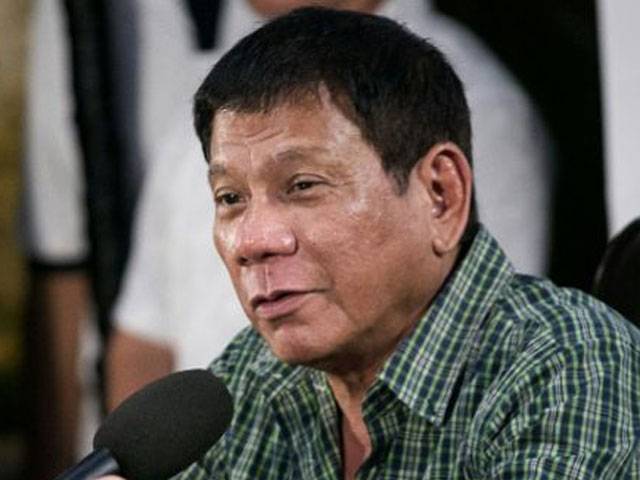DAVAO, Philippines - Incoming Philippine president Rodrigo Duterte warned journalists on Thursday he would be unable to guarantee their safety, brushing off criticism over his previous comments that murdered corrupt reporters deserved their fate.
Duterte had said Tuesday there was justification for killing journalists who took bribes or engaged in other corrupt activities, touching off fears this could incite more murders of media workers.
The Philippines is one of the most dangerous nations in the world for journalists, with 174 murdered since a chaotic and corruption-plagued democracy replaced the dictatorship of Ferdinand Marcos three decades ago.
“I cannot protect all journalists all over the Philippines,” Duterte told a late-night news conference Thursday in his southern hometown of Davao.
“It’s like soldiering. If you join the army, there is always a chance that when you go out today for a patrol, you get into (a firefight and) you’re killed.”
Duterte won this month’s elections by a landslide largely due to an explosive law-and-order platform in which he pledged to end crime within six months by killing tens of thousands of suspected criminals.
The politician, who generously spices up his talk with expletives, has launched a series of post-election tirades against criminals and repeated his vows to kill them - particularly drug traffickers, rapists and murderers.
Duterte’s threats were backed by his rule in Davao, where he has been accused of running or tolerating death squads that killed more than 1,000 suspects.
On Thursday he rejected criticism by local and foreign news organisations outraged by his seeming rationalisation of the country’s many media murders. “You know guys you think too much of your yourselves,” he said.
Duterte said he knew three kinds of journalists.
They include those who tell the truth and “do not accept money”, the “mouthpieces” or publicists of vested interests including businessmen and politicians, and “the low-life journalists” who extort money or get paid by criminal gangs.
He said his government, which starts its six-year term on June 30, wished to protect those journalists who were true to the ideals of their profession.
However, he said he could not afford to assign security to each and every one of them.
One of the world’s deadliest attacks against journalists took place in the Philippines in 2009, when 32 journalists were among 58 people killed by a warlord clan intent on stopping a rival’s election challenge.
More than 100 people are on trial for the massacre, including many members of the Ampatuan family accused of orchestrating it.
Duterte has named Salvador Panelo, the former defence lawyer for the Ampatuans, as his presidential spokesman, a nomination criticised by the victims’ families and journalism organisations.






